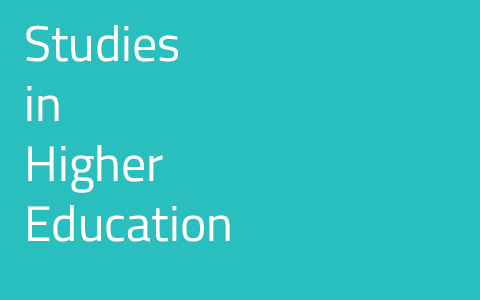In the aftermath of the Bologna Process, Germany decided to open universities for individuals who do not possess a scholastic university entrance qualification but completed vocational education. This paper questions how long it takes until these so-called non-traditional students enroll and compares their routes to university to the routes of traditional students. In this context, the effects of social, cultural, and economic capital are pointed out. Event-history analyses for 892 bachelor students of one German university indicate that these effects vary across the groups. On the one hand, social capital accelerates the process of entering university solely for traditional students. On the other hand, cultural capital prolongs the process only for non-traditional students. However, economic capital slows down the process for both groups. Multivariate Cox models indicate that the availability of capital strongly affects the timing of enrollment of traditional and non-traditional students even under control for socio-demographic criteria.
15
Nov
2017
How Availability of Capital Affects the Timing of Enrollment. The Routes to University of Traditional and Non-Traditional Students
